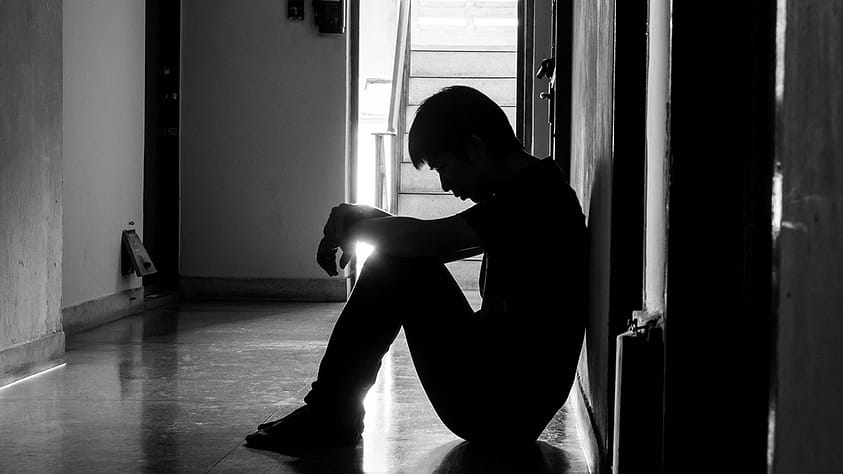Identifying common mood disorders in teens can be difficult. Many of the symptoms of mood disorders mimic the normal moodiness and angst most teens go through at some point. The fact that teenagers have a more difficult time expressing their feelings adds to the challenge. It’s not unusual for teens with a substance use disorder to have a mood disorder as well. This situation is known as having co-occurring issues, which can be relieved with the help of dual diagnosis treatment. Call Foothills at Red Oak Recovery at 866.300.5275 and get help for teen boys today.
Are Mood Disorders in Teens Serious?
Chemicals in the brain are responsible for regulating our moods. Some chemicals have the job of boosting positive moods, while others, called neurotransmitters, control the chemicals that control our moods. An imbalance in the brain’s chemistry can lead to a mood disorder. Other factors such as family environment, exposure to toxins, or stress can also cause a mood disorder to develop.
Mood disorders in teens are serious health concerns. Living with an untreated mood disorder can profoundly negatively impact a young person and affect their academic success, self-esteem, social interaction, and ability to form meaningful relationships. The most significant risk of having an undiagnosed or untreated mood disorder is the danger of suicide. Untreated mental health disorders may also lead to substance use disorders as teens try to self-medicate with drugs or alcohol.
The Most Common Mood Disorders in Teens
Experts estimate that mood disorders affect around 14% of adolescents in the U.S. and are more common among girls than boys. The most frequently diagnosed mood disorders in teens include:
- Persistent depressive disorder (depressed or irritable mood lasting a year or more)
- Bipolar disorder (a mix of depressed and manic episodes)
- Major depression (depressed mood for at least two weeks)
- Disruptive mood dysregulation disorder (problems with impulse control, behavioral issues)
- Premenstrual dysmorphic disorder (extreme tension before a menstrual period)
- Mood disorder related to a medical condition (depression or other symptoms)
- Substance-induced mood disorder (depression symptoms related to drug use or exposure to toxins)
Experts believe that a combination of genetics, home environment, and life stressors causes most mental health disorders. Teens who undergo a traumatic experience are especially vulnerable to developing a mood disorder. Abuse, neglect, the death of a parent or other loved one, housing and financial insecurity, and other forms of family instability can trigger depression and other mood disorders.
Symptoms of Mood Disorders in Teens
Teenagers feel things more intensely than others. This is part of the joy, and the difficulty, of being a teen. The symptoms of a mood disorder can look like just another intense teenage outburst. Still, if symptoms are frequent or disrupt your teen’s ability to learn or manage daily functions, they may indicate a mood disorder. Common mood disorder symptoms include:
- Trouble with authority figures and rebellious behavior
- A sudden drop in academic performance
- Loss of interest in activities they once enjoyed
- Fatigue, changes in sleep habits
- Unexplained illness, aches, and pains
- Feeling ashamed or guilty for no reason
- Prolonged feelings of sadness or hopelessness
- Constantly irritable or angry, leading to the teen getting into fights and having difficulty maintaining friendships
If you suspect your teen is exhibiting the warning signs of a mood disorder, don’t dismiss it or blame it on teenage hormones. Get help from a mental health expert.
Get Help for Your Teen at Foothills at Red Oak Recovery
As a parent, coping with mood disorders in teens can be difficult. But living with a mood disorder is even more challenging. At Foothills at Red Oak Recovery, we understand a child’s mental health disorder affects the entire family. Call us today at 866.300.5275 to get compassionate, effective treatment for adolescent boys.





